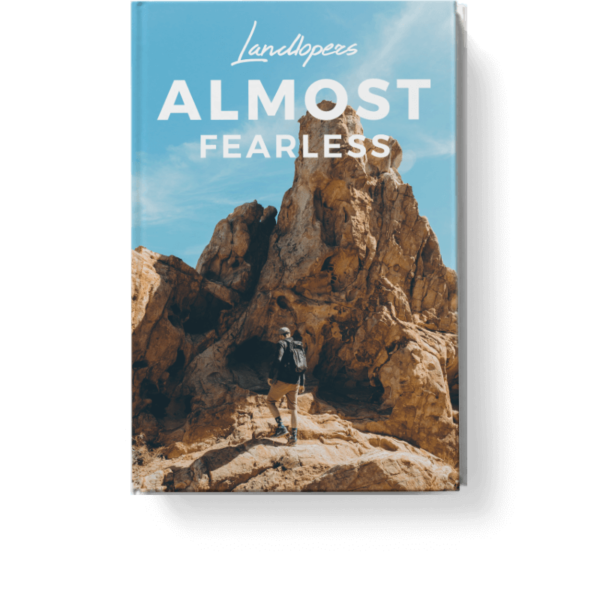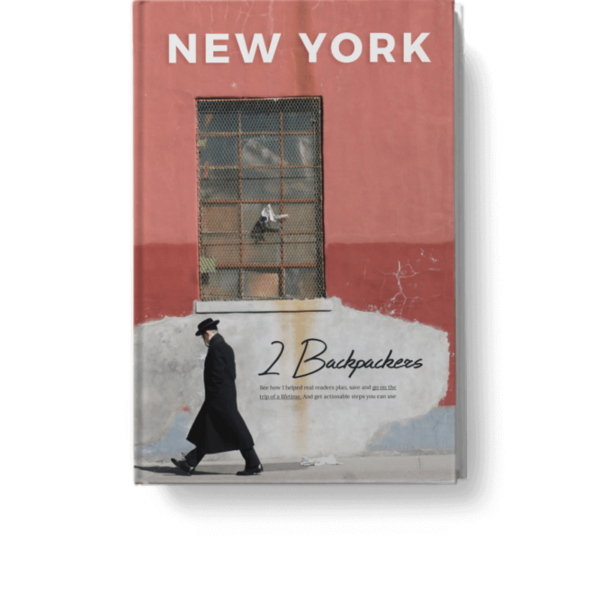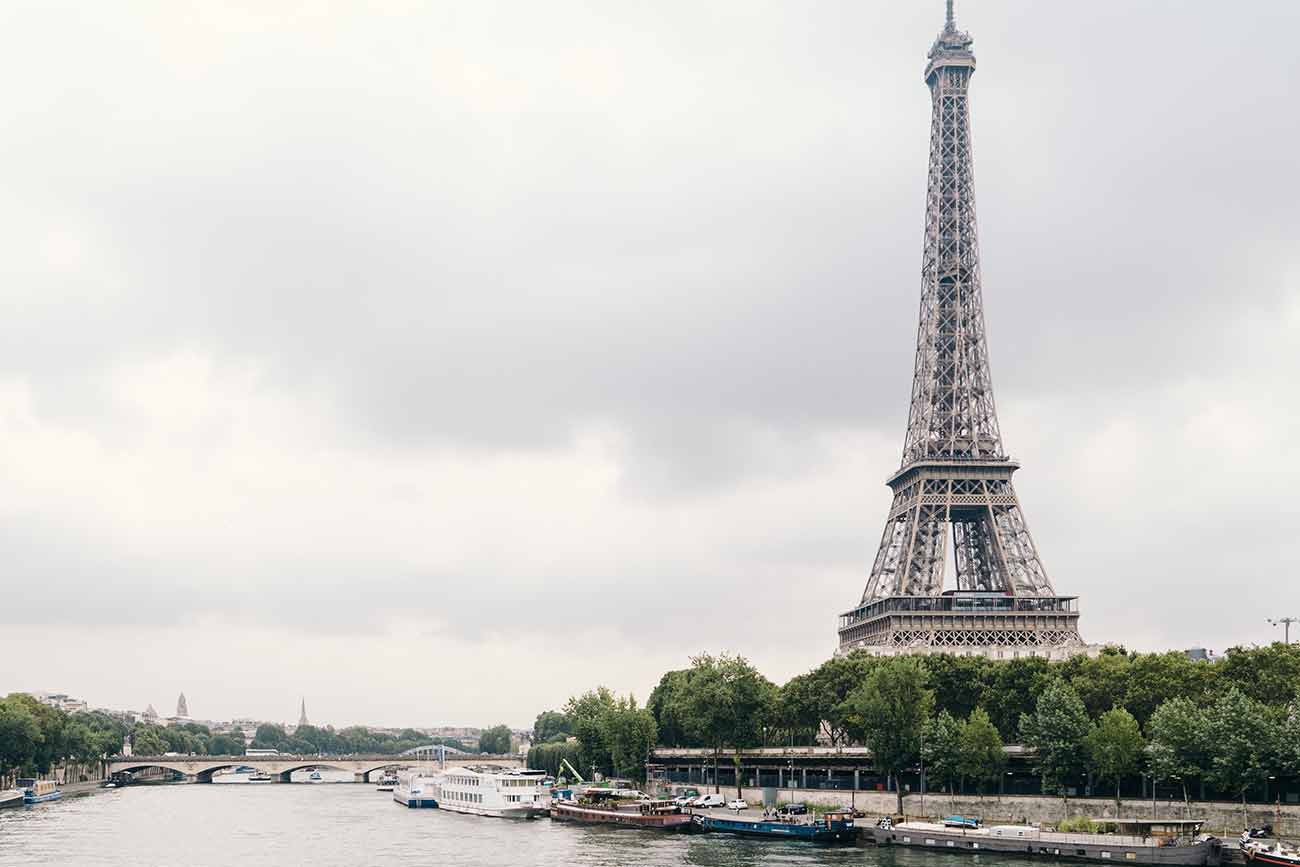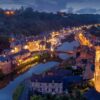Canada
Canada, the second-largest country in the world, is known for its stunning landscapes, multicultural cities, and welcoming people. From the rugged Rocky Mountains and pristine lakes to vibrant cities like Toronto and Vancouver, Canada offers a diverse range of experiences for travelers. Whether you’re into outdoor adventures, cultural explorations, or culinary delights, Canada has something for everyone.
Here’s an overview of Canada
Canada is a vast and diverse country, stretching from the Atlantic Ocean in the east to the Pacific Ocean in the west, with the Arctic Ocean to the north. It is known for its natural beauty, from towering mountains and dense forests to expansive prairies and frozen tundras. Major cities like Toronto, Vancouver, Montreal, and Ottawa offer a mix of cosmopolitan experiences, while its rural regions provide tranquil escapes and opportunities for outdoor exploration.
If we talk about the culture
Canada is a multicultural country, with influences from its Indigenous peoples, French and British colonial history, and immigrants from around the world. This diversity is reflected in Canada’s cuisine, festivals, art, and everyday life.
Art and Music
Indigenous Art: Canada has a rich Indigenous culture, and visitors can explore art galleries featuring works from First Nations artists.
Canadian Music: Canada is known for its contributions to music, particularly in rock, pop, and folk. Famous musicians include Justin Bieber, Drake, The Weeknd, and Leonard Cohen.
Theater and Cinema: Canadian cities host numerous theaters and film festivals, including the Toronto International Film Festival (TIFF), one of the most prestigious film festivals globally.
Canadian Literature: Canada has produced many celebrated authors, including Margaret Atwood, Alice Munro, and Michael Ondaatje.
Things to See and Do in Canada

“The Professional Hobo”
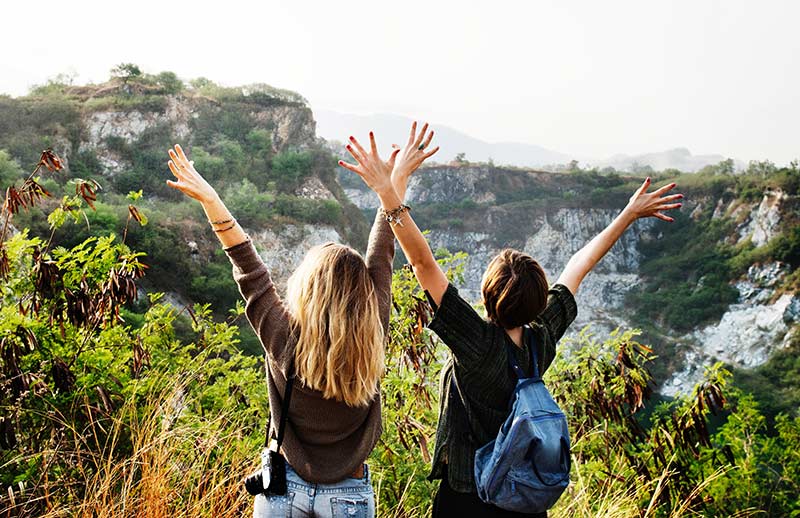
“Never Ending Footsteps”
Accommodation in Canada
Canada offers a wide range of accommodation options, from luxury hotels in major cities to cozy cabins in national parks
Luxury Options – Fairmont Banff Springs: A historic castle-like hotel located in the heart of Banff National Park, offering luxury accommodations and stunning views.
The Ritz-Carlton, Toronto: A luxurious hotel located in the downtown core, offering top-notch service and amenities.
Hotel Le Germain, Montreal: A boutique luxury hotel located near Montreal’s downtown attractions.
Mid-Range Options – Delta Hotels by Marriott, Vancouver: A modern hotel with great facilities and a central location.
The Drake Hotel, Toronto: A stylish hotel located in the Queen Street West area, known for its unique design and cultural scene.
Auberge Saint-Antoine, Quebec City: A chic hotel in the heart of Old Quebec, offering a blend of history and modern comfort.
Budget Options -Hostels: Many cities in Canada, including Toronto and Vancouver, have budget-friendly hostels offering dorms and private rooms.
Airbnb and Guesthouses: Renting an apartment or staying in a guesthouse is often a more affordable option for travelers.
Food in Canada
Canada’s cuisine reflects its multicultural population, with a mix of British, French, Indigenous, and immigrant influences.
Must-Try Dishes – Poutine: A Québécois dish made of French fries topped with cheese curds and gravy, often considered Canada’s national dish.
Butter Tarts: A classic Canadian dessert made with a sugary filling in a flaky pastry shell.
Tourtière: A traditional French-Canadian meat pie, often served during the holidays.
Caesar Cocktail: A Canadian cocktail made with vodka, Clamato (tomato and clam juice), hot sauce, and spices.
Maple Syrup: Canada is famous for its maple syrup, and you can try it on pancakes, waffles, or as a sweetener in many desserts.
Local Produce: Try to sample local produce and specialties, particularly in places like the Maritimes (seafood) or Quebec (cheese, maple syrup).

Budget Tips
Suggested daily budget Budget Traveler (₽2,500–₽3,500 per day):
• Accommodation: ₽800–₽1,500 (hostels or budget hotels).
• Food: ₽500–₽1,000 (street food or local cafes).
• Transport: ₽200–₽500 (public transport).
• Activities: Free or low-cost attractions (parks, museums).
Mid-Range Traveler – (₽4,000–₽6,500 per day):
• Accommodation: ₽2,000–₽3,500 (mid-range hotels or boutique guesthouses).
• Food: ₽1,500–₽2,500 (restaurants and cafes).
• Transport: ₽500–₽800 (taxis or private transfers).
• Activities: Paid attractions (museums, tours).
Luxury Traveler – (₽7,000+ per day):
• Accommodation: ₽4,000–₽7,000 (luxury hotels).
• Food: ₽3,000–₽5,000 (fine dining).
• Transport: ₽1,000+ (private transfers).
• Activities: Exclusive experiences (private tours, premium activities).
Additional Costs to Consider –
• Public Transport: Use public transportation in cities to save money.
• Free Attractions: Many museums and national parks offer free or discounted entry on certain days.
• Shop at Local Markets: Visit local markets for affordable, fresh food and souvenirs.
• Travel Off-Peak: Avoid peak tourist seasons (summer and winter holidays) to save on flights and accommodation.
Money Saving Tips
The best time to visit Canada depends on your preferences
Spring (April–June): A great time to visit for milder weather and fewer tourists.
• Summer (July–August): The peak tourist season, with warm weather and plenty of outdoor festivals and activities.
• Autumn (September–November): A stunning time to visit for fall foliage, mild weather, and fewer crowds.
• Winter (December–February): A great time for skiing and snowboarding in the Rockies and other mountainous regions.
• Best Months: June to September for pleasant weather and outdoor activities.
Stay Connected in Canada: A Guide for Indian Travelers
Staying connected while exploring Mongolia is essential for navigation, communication, and sharing your experiences. Here’s how to stay online during your trip:
Mobile Connectivity:
• Top providers: Rogers, Bell, and Telus.
• SIM cards are available at airports, convenience stores, and official outlets.
• Passport required for activation.
Internet Access:
• Free Wi-Fi is common in cafes, restaurants, and public spaces like libraries.
• Portable Wi-Fi hotspots can be rented for uninterrupted connectivity.
Roaming Options:
• ndian networks like Airtel and Jio provide international roaming in Canada.
• Compare roaming plans for affordable options before traveling.
Safety Tips:
• Use a VPN for secure browsing on public Wi-Fi.
• Purchase SIM cards only from authorized vendors.
September 10, 2018


